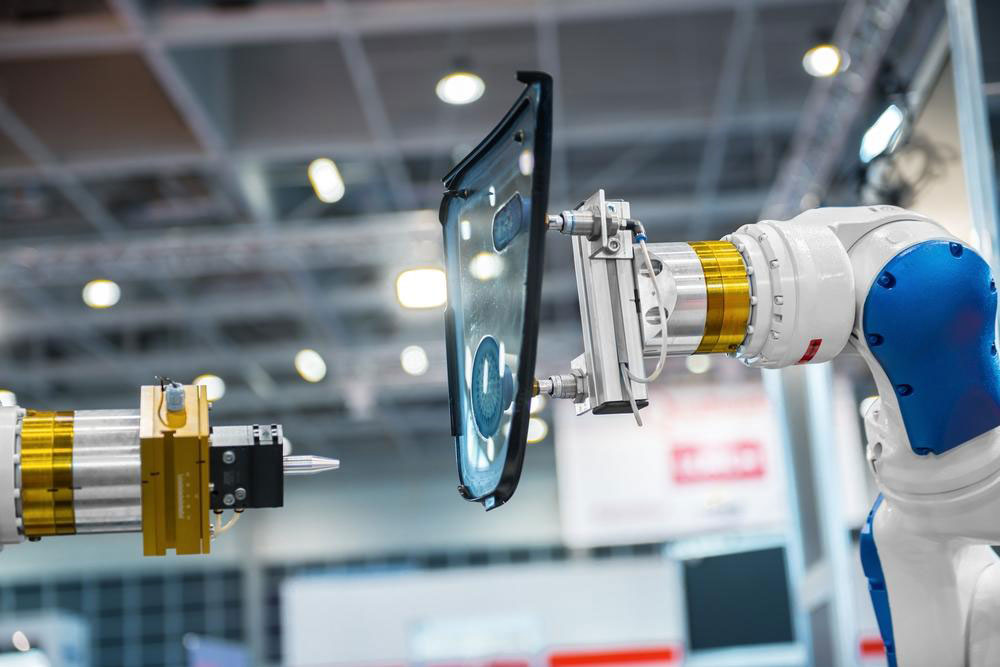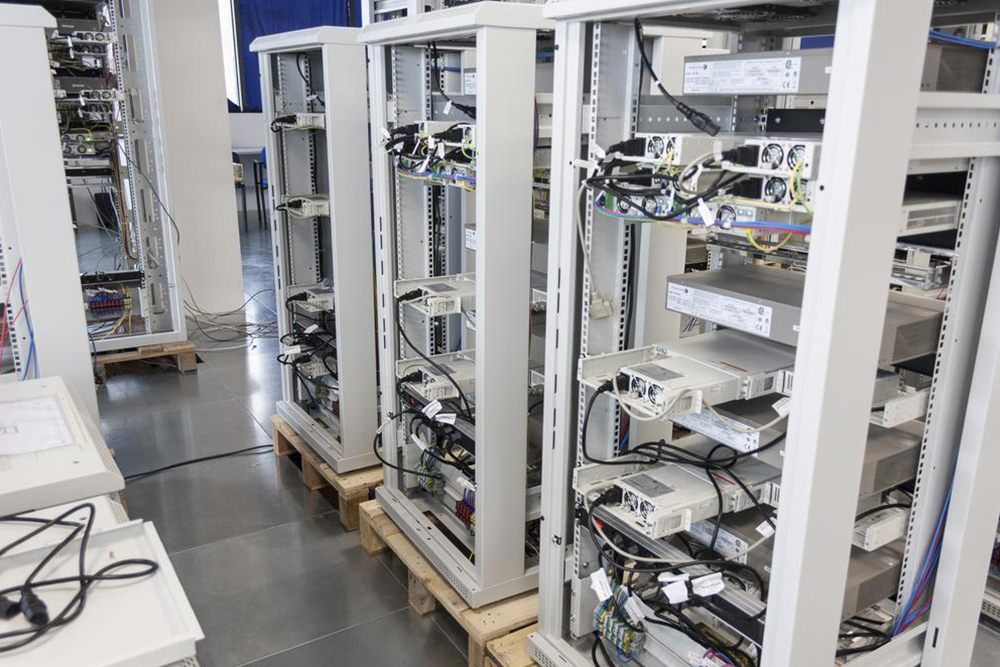The Vital Importance of Automated Testing in Modern Software Development
Automated testing has become an essential part of modern software development, ensuring security, reliability, and safety across various industries. From aerospace to automotive, automated tools accelerate testing processes, detect bugs early, and enhance system robustness. This article explores the significance of automated testing, key tools, and future trends, highlighting its crucial role in delivering high-quality software efficiently and cost-effectively.

Understanding the Significance of Automated Testing in Software Engineering
In today's digital era, software has become an integral part of nearly every aspect of life and industry. As software systems grow increasingly complex, the likelihood of encountering bugs and errors also rises. Identifying and addressing these issues early in the development process is crucial to ensure the reliability, security, and safety of software applications. Automated testing plays a pivotal role in this context, offering efficiency, accuracy, and consistency that manual testing simply cannot match.
Automated testing involves using specialized tools and scripts to execute predefined test cases automatically, compare actual outcomes to expected results, and report discrepancies. This approach significantly accelerates the testing process, enabling developers to quickly identify the root causes of bugs and resolve potential issues before they reach production. Especially in high-stakes environments like aerospace, medical devices, or financial systems, rigorous testing ensures compliance with safety standards and prevents catastrophic failures.
Furthermore, the rise of high-performance multi-core processors introduces new challenges such as concurrency issues, race conditions, and resource contention. Automated testing frameworks are essential to simulate multiple threads and processes, verifying that software behaves correctly under various load scenarios. They help detect subtle bugs that can otherwise go unnoticed until system deployment, potentially causing severe consequences.
Security has become a paramount concern as cyber threats continue to evolve. Automated testing tools contribute significantly to cybersecurity by performing vulnerability scans, penetration tests, and security audits automatically. This proactive approach helps identify software vulnerabilities before malicious actors can exploit them, safeguarding sensitive data and maintaining user trust.
As we become increasingly dependent on digital systems, regulatory compliance has gained importance. Government agencies and industry standards require rigorous testing and documentation to ensure software safety and effectiveness. Automated testing tools are widely used by regulatory bodies to analyze incidents, verify compliance, and validate system performance in controlled environments.
Modern vehicles are now equipped with millions of lines of code managing engine functions, airbags, braking systems, infotainment, and driver assistance features. These complex software systems necessitate thorough testing to ensure safety and reliability. Automated testing solutions facilitate testing across multiple modules and configurations, reducing the risk of software glitches that could compromise vehicle safety.
Similarly, in manufacturing industries, robotic automation is embedded within production lines to perform tasks like welding, assembly, and quality control. Ensuring the software controlling these robots operates flawlessly is vital for both safety and productivity. Automated testing in manufacturing environments verifies that control software performs accurately under real-world conditions, minimizing downtime and defects.
Beyond safety and compliance, automated testing offers economic benefits for businesses. Accurate and fast testing reduces the time to market, cuts down on manual labor costs, and enhances overall product quality. Companies leveraging automated testing tools can respond more swiftly to market demands and customer feedback, maintaining a competitive edge.
Leading tools such as Selenium have revolutionized cross-browser testing, allowing developers to automate tests across various browsers and operating systems seamlessly. This ensures consistent user experience regardless of platform. TestComplete provides comprehensive testing solutions for desktop, mobile, and web applications, supporting native and hybrid app testing. The advent of AI-powered testing tools, employing machine learning algorithms, has further enhanced defect detection speed and accuracy. These tools analyze vast amounts of test data to identify patterns and predict potential failure points, significantly improving overall quality assurance processes.
In conclusion, automated testing is an indispensable component of modern software development. It not only enhances software quality, security, and safety but also accelerates delivery and reduces costs. As technology advances, the integration of AI and machine learning into testing procedures promises even greater improvements, making automated testing an essential investment for organizations aiming for excellence in software engineering.





